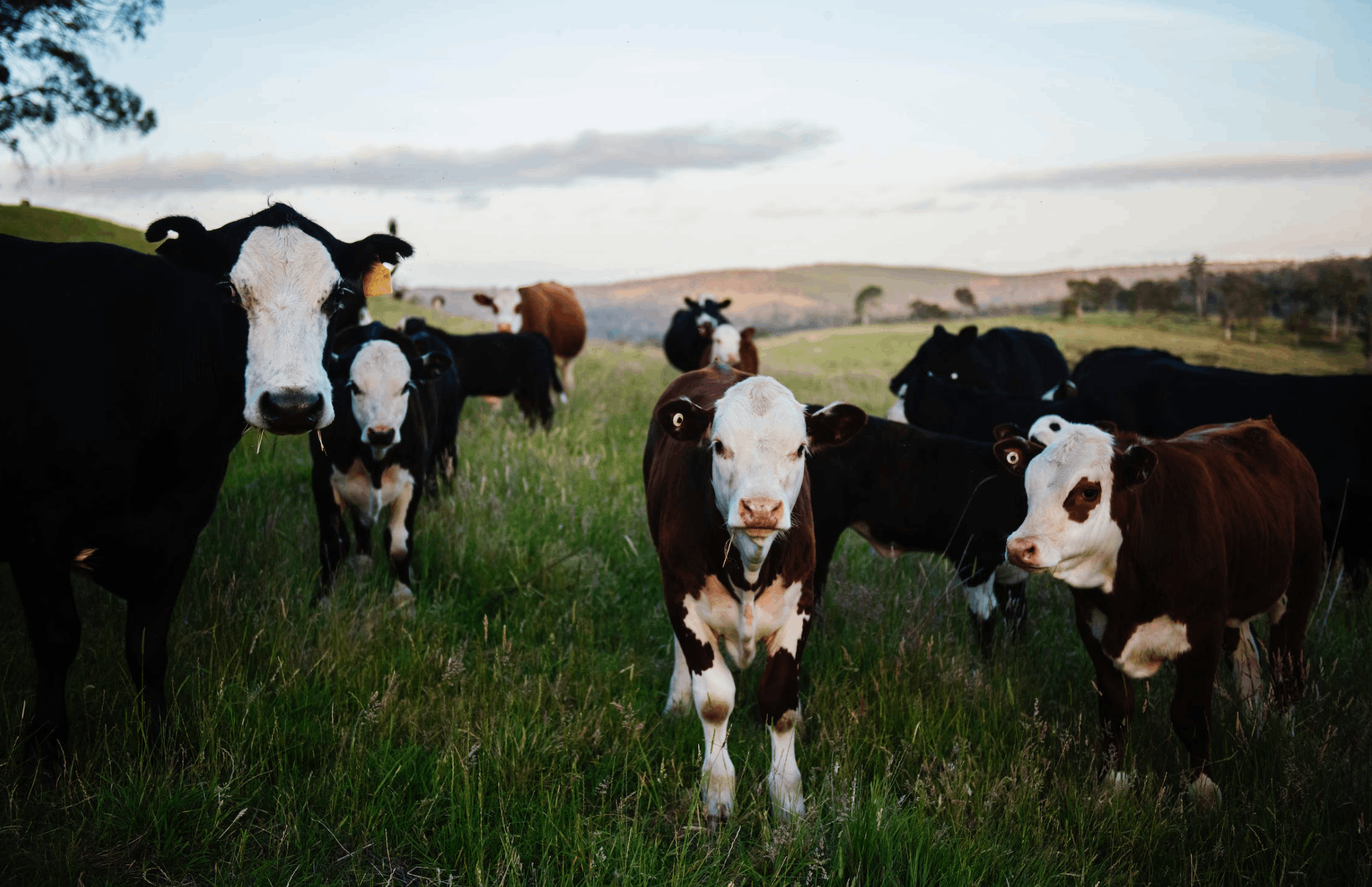Livestock Management Tips for Small-Scale Farmers
Author/Reviewed By: Josh Miller, Sales Manager: Baker Lime & North America Minerals
Published: 7/18/2019 – Updated: 4/17/2020
Smaller farming operations need every edge they can get to ensure the health and well-being of their livestock. This includes taking advantage of the latest technologies to improve nutrition, as well as utilizing various production and management tools to monitor and measure their results. The following livestock tips for small farms can help them adhere to the best management practices that will ultimately lead to increased productivity and profitability.
Focusing on Nutrition
What animals eat is one of the most crucial factors in promoting herd health, and it’s something that farmers can control. Allowing the animals to graze in pastures with healthy grass and soil will also enhance livestock nutrition.
Supplementing the Diet
Farmers can also contribute to healthier livestock by providing the right dietary supplements. Some of the most beneficial supplements available today include clover, which boosts appetite and increases milk production; tar brush, which can help to prevent potentially life-threatening gastrointestinal issues; and Azolla Caroliniana, a freshwater aquatic plant that is high in protein.
Monitoring Health and Performance
Keeping a close eye on the animals as they grow can help farmers detect telltale signs of disease and other issues. For instance, weighing livestock regularly can indicate whether they might be experiencing unhealthy weight loss or gain. Farmers can then separate these at-risk animals from the herd and possibly use them for other purposes. This practice can also help prevent the spread of diseases within the herd.
Implementing Effective Disease Control Methods
Besides monitoring the animals, farming operations can take additional steps to prevent diseases from infiltrating their herds. Keeping animals in clean stalls when they’re not in the pasture can reduce the risk of contracting parasite-borne illnesses. Farmers can exercise more control over what the livestock eats by reducing grazing time and providing more feed in the stalls. Relying on local breeds instead of imported animals can also minimize the likelihood of a disease outbreak.
Utilizing the Latest Technologies
Small-scale livestock farming operations now have access to numerous cost-effective technological tools that can simplify livestock monitoring and deliver more accurate results. For instance, automated scales are available that allow farmers to monitor animal health, accurately measure weight and evaluate their overall performance.
The Role of Limestone in Small-Scale Livestock Farming
Small farms can also benefit from incorporating limestone into their agricultural practices. Spreading limestone on soil can enhance the effectiveness of fertilizer, which will promote the growth of healthier grass in the pastures where animals graze. Placing the material in animal stalls during the winter can help stop ammonia in its tracks, which can damage animals’ respiratory systems.
Contact Baker Lime to Learn More About the Benefits of Limestone
If you’re located in Pennsylvania, Delaware, Maryland, New York, New Jersey, Virginia, West Virginia or North Carolina, Baker Lime — based in York, PA — can provide high-quality limestone that can benefit your small-scale farming operation. Find and contact your local Baker Lime dealer to learn more today.









